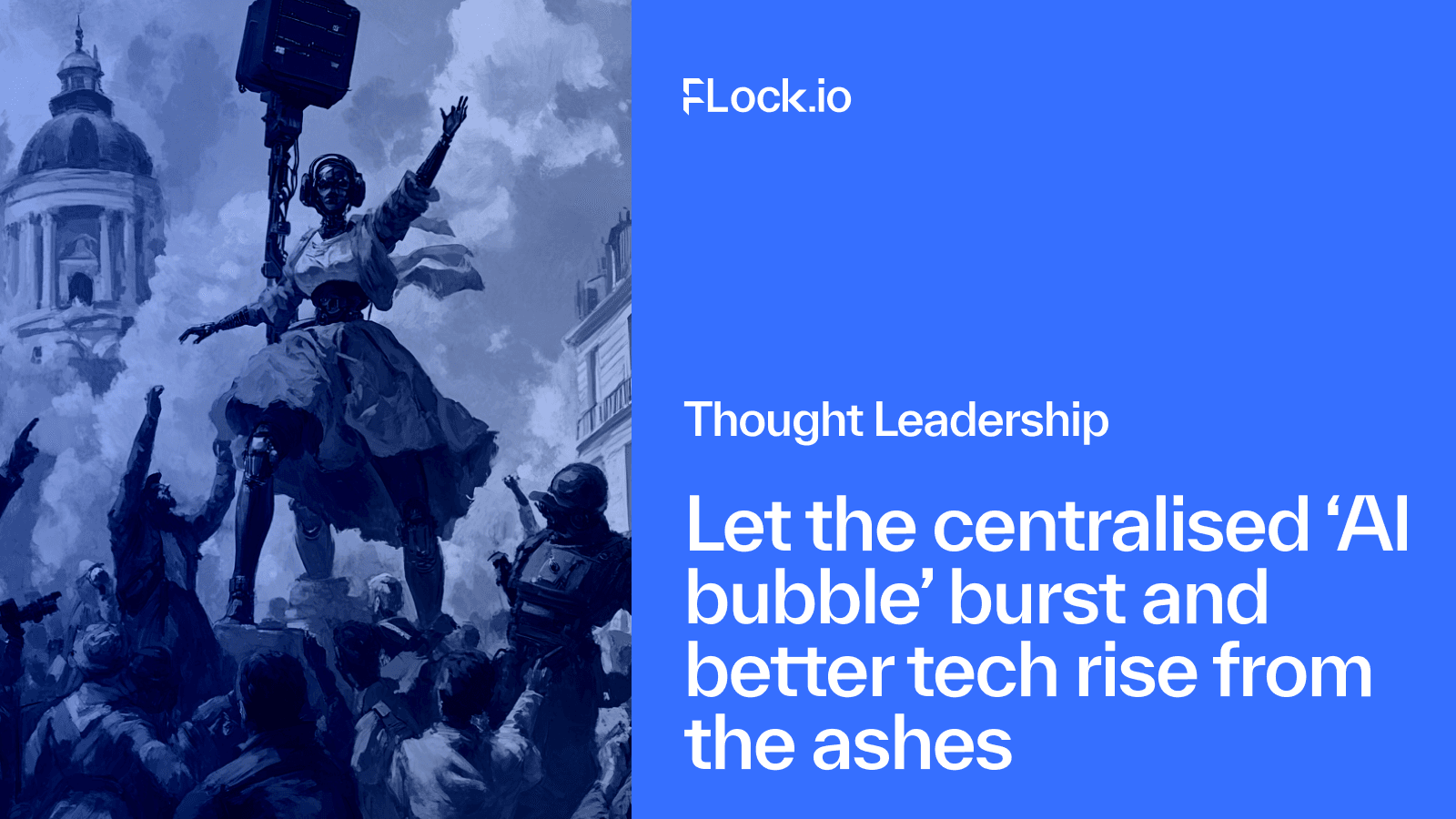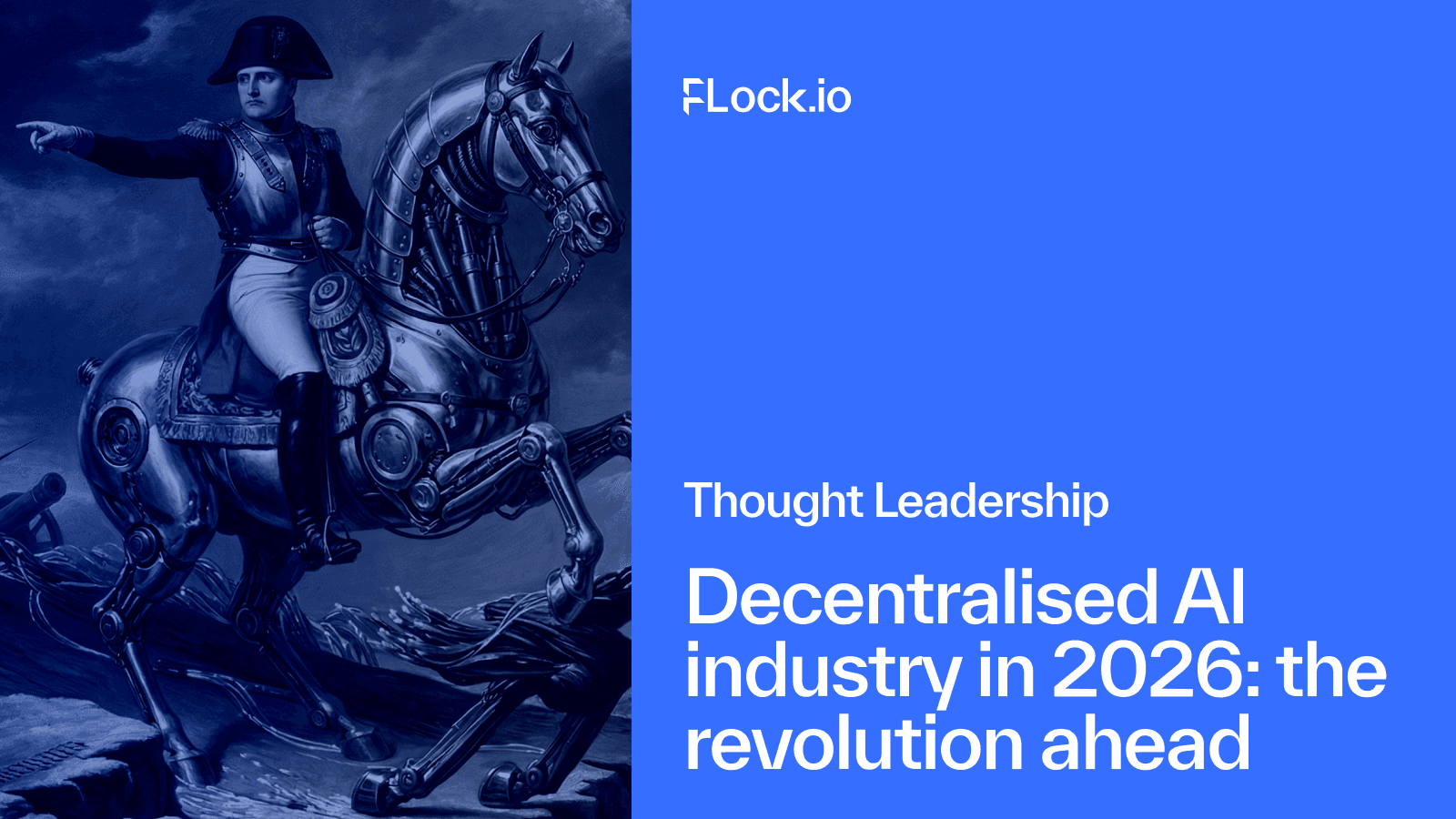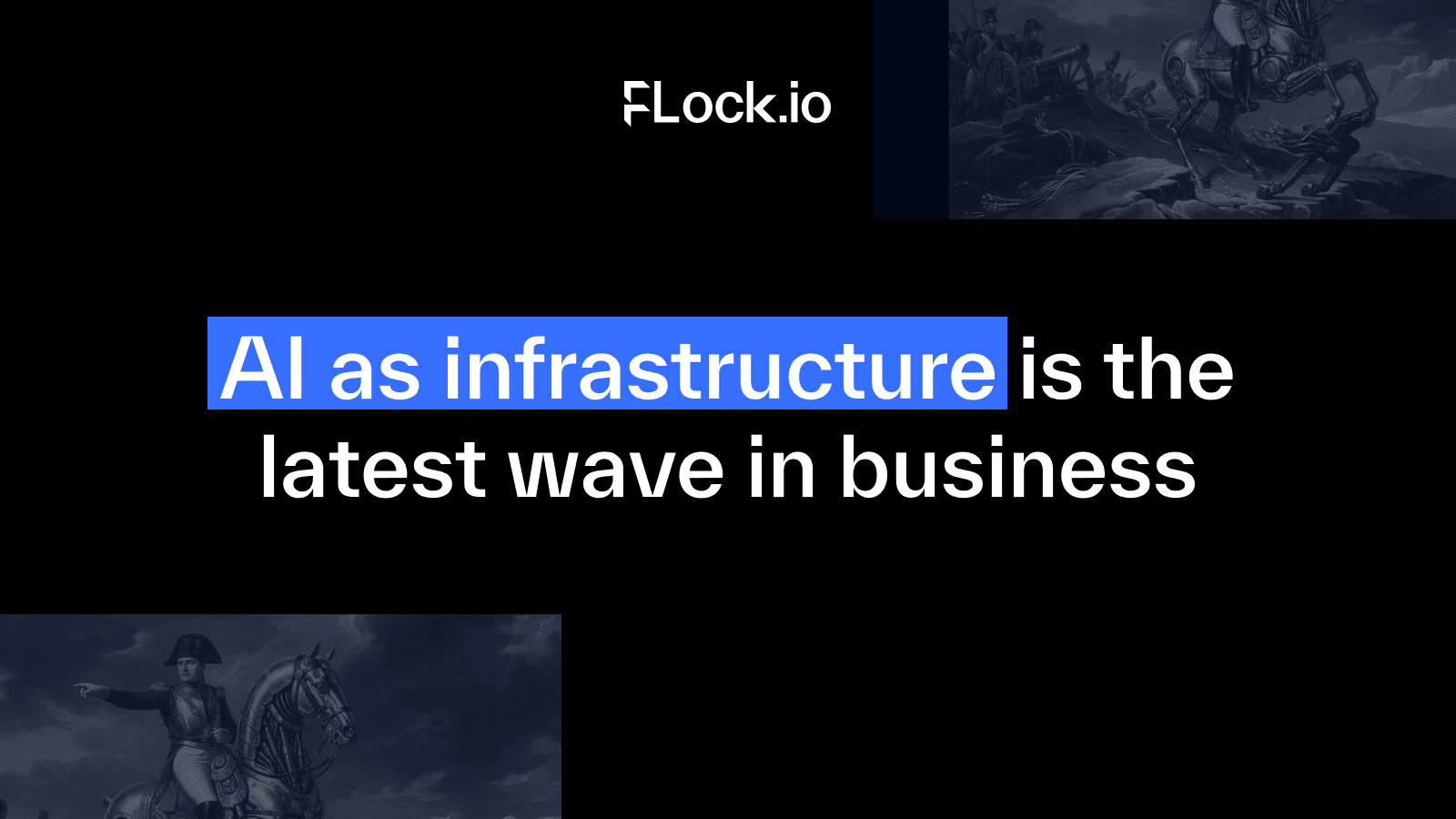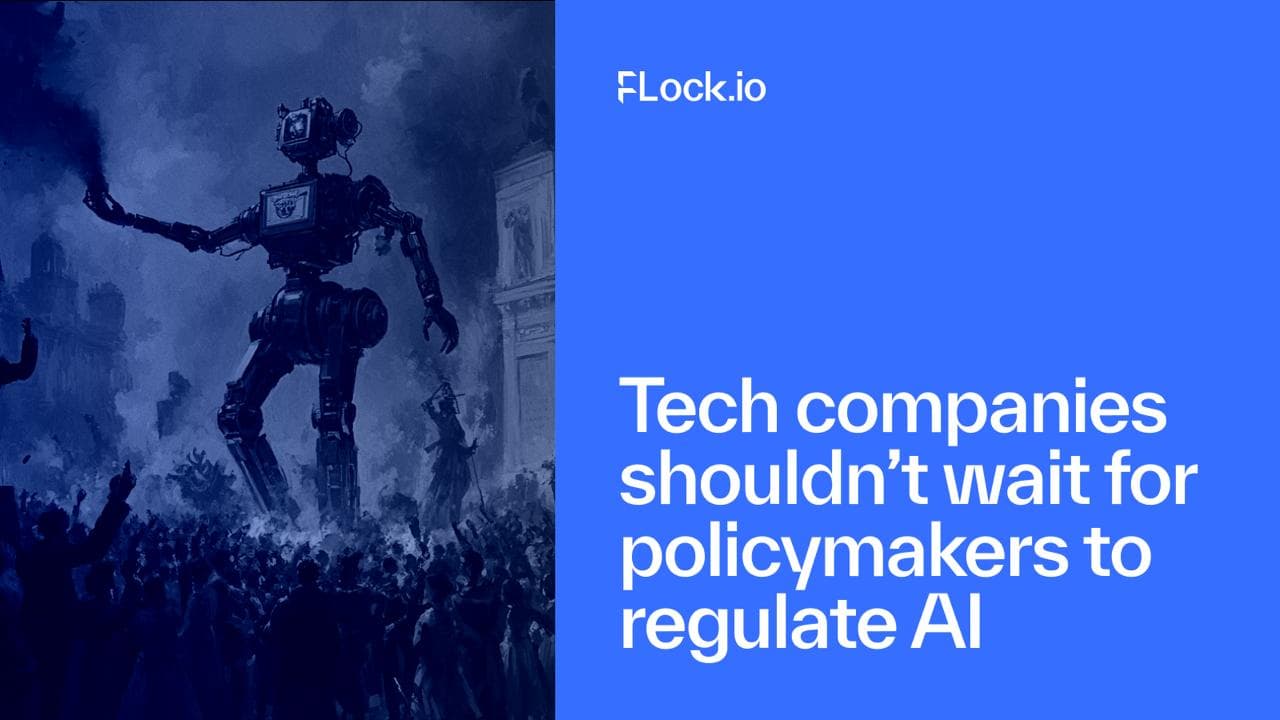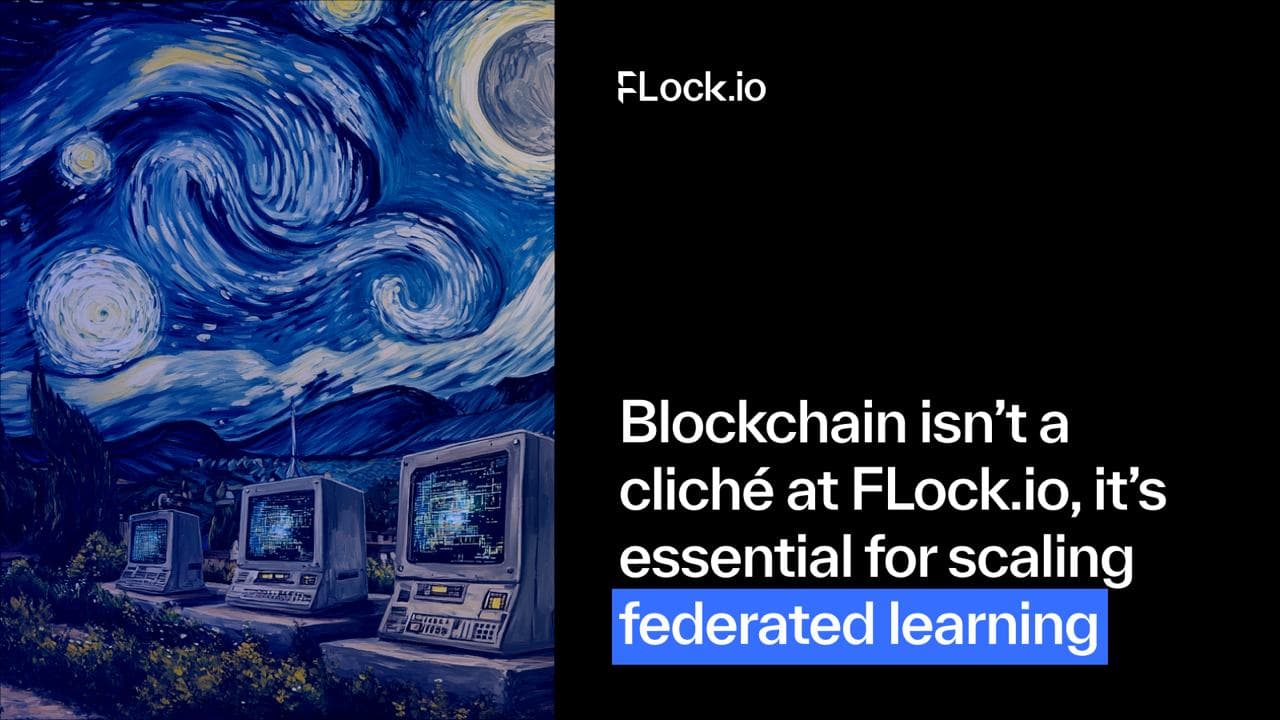The magnificent seven-dominated ‘AI bubble’ stock bubble is set to burst, with the stock market sell-off raging on. But perhaps a crash is exactly what the AI industry needs, to set the technology on the right path to equitable, privacy-preserving decentralised AI (DeAI) with transparent governance and data sovereignty.
Almost every fund has lost money this week. Markets are jittery, the world is haunted by the dot-com bubble, and Silicon Valley is gripped by a fear: what if investors realise that the productivity gains promised won’t in fact materialise?
The world economy currently hinges on the success or failure of AI. It’s a frightening thought for the economy, with AI-related enterprises accounting for a jaw-dropping 80 per cent of gains in the American stock market this year.
A crash could be imminent. On Tuesday, the UK’s FTSE finished the day at a near one-month low. Sharp falls were seen in the Stoxx Europe 600 Index and across large parts of Asia. Megacap stocks Amazon and Microsoft each fell 3.5%, adding to declines for Nvidia (2.8%), Meta (2.5%), Palantir (2.5%), Tesla (2.4%) and Alphabet (1.8%), lowering the tech-heavy Nasdaq.
The worry is that returns from the tech won’t keep up with the pace of investments. It’s headed the same way as the dot-com bubble of the nineties, but far more money is on the table this time around. Even the Google CEO, Sundar Pichai, has said that while the trillion-dollar AI investment has been an “extraordinary moment”, there were “elements of irrationality” in the boom.
[ 👋 Hi there! If you’re here to find out more about FLock.io, follow us on X, read our docs and sign up to AI Arena on train.flock.io]
Somewhere along the way, the AI industry went wrong
One thing’s certain: somewhere along the way, the AI industry went horribly wrong. It’s been a year and a half since OpenAI’s superalignment team was disbanded, and it’s been all downhill since then.
Only a tiny handful of enormous tech firms are chasing the dream of superhuman AI. The combined valuation of the so-called “magnificent seven” (Nvidia, Alphabet and other tech giants) now accounts for a third of the entire S&P 500 index of the US’ largest companies.
This power concentration is not to be taken lightly. If their heavily funded projects to develop human-like agents succeed, the labour market will be flipped. The spiel is that such tech will make productivity soar, letting people benefit from more leisure. In reality, the everyman will “depend precariously on the decisions of those in control of the technology” for our bread and butter, as Stanford academic Erik Brynjolfsson put it.
The race to develop human-like agents is spiralling out of control. Drunk on their success and hungry to win the race, innovation has been spurred not by concern for the greater good but for profit margins. Decisions are made behind closed doors, and users are left in the cold. Governments are dithering in enforcing regulation, caving to pressure from businessmen to not stifle economic growth and life-saving innovation.
The looming burst comes at an embarrassing time for UK PM Keir Starmer. Just two months have passed since he signed the Tech Prosperity Deal with Donald Trump for the biggest investment package of its kind in the country’s history and gigantic data centres. Catastrophic environmental consequences will follow this thirsty and energy-hungry infrastructure – data centres can consume the same amount of water as a town populated by 50,000 people.
And yet these data centres could become ghost towns. It’s comparable to the Railway Mania bubble in Britain in the 1840s, which left behind miles of disused railway tracks. Early AI entrepreneur Jerry Kaplan put it well: “We’re creating a new man-made ecological disaster: enormous data centres in remote places like deserts, that will be rusting away and leaching bad things into the environment, with no one left to hold accountable because the builders and investors will be long gone.”
This is a house of cards built on hype. When it corrects itself, the fallout will be significant, and we’re all going to feel it. These models, trained on vast, often questionably sourced datasets, are susceptible to single points of failure and scalability issues, and are on a collision course with new data privacy and antitrust regulations.
Let the house of cards topple and better AI emerge
Maybe we should let the house of cards topple over. The world needs better AI. Equitable, community-driven, decentralised AI (DeAI) with transparent governance. Centralised AI systems may offer scale, but they often fall short on trust and adaptability. We’re in dire need of tech companies that commit to greater model transparency, accountability and data sovereignty.
Decentralised AI is quietly building an ethical, on-chain future, where AI tokens represent true ownership in transparent, community-governed ecosystems, unlike the inflated stocks of centralized giants. And the greatest part? None of it compromises scalability! DeAI is the way to protect the industry against the next centralised AI bubble burst.
Blockchain is the secure and dependable way to achieve all of the above – read our recent blog to find out why blockchain isn’t a cliché at FLock.io, it’s essential for scaling federated learning.
More about FLock.io
Flock.io is the world’s first decentralised AI infrastructure layer, empowering users to train privately, own their models, and earn from their contributions. Through its multi-chain ecosystem and AI Arena training network, Flock combines privacy-preserving machine learning with open collaboration - advancing the vision of AI for everyone.
FLock.io’s ecosystem consists of three key components: AI Arena, a platform for competitive model training; FL Alliance, a privacy-focused collaboration framework that enhances models while preserving data sovereignty; and Moonbase, our new rewards layer and AI model marketplace. We also just launched our API Platform. Up next is FOMO, a fair launchpad for anyone to launch model tokens in exchange for hosting services on the FLock API Platform.
Find out more about FLock.io by reading our docs and blogs. See a sneak peak of new launches coming in Q4 2025 and our FLock 2025 earnings report: performance & growth overview. Stake, train and earn on train.flock.io.
For future updates, follow FLock.io on X.
